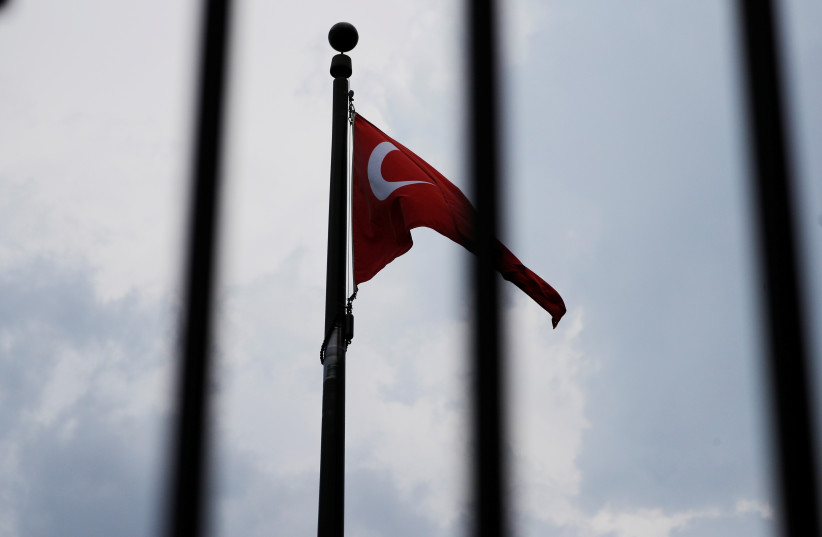The United States warned Turkey in recent days about the export to Russia of chemicals, microchips and other products that can be used in Moscow's war effort in Ukraine, and it could move to enforce existing bans, according to a senior US official.
Brian Nelson, the US Treasury Department's top sanctions official, visited Turkish government and private sector officials on Thursday and Friday to urge more cooperation in disrupting the flow of such goods.
In the meetings in Ankara and Istanbul, Nelson and a delegation highlighted tens of millions of dollars of exports to Russia that raised concerns, the official said, requesting anonymity to discuss the talks.
"There is no surprise...that Russia is actively looking to leverage the historic economic ties it has in Turkey," the official said. "The question is what is the Turkish response going to be."
NATO member Ankara opposes the sweeping sanctions on Russia on principle but says they will not be circumvented in Turkey, urging the West to provide any evidence.

Western nations applied the export controls and sanctions after Moscow's invasion nearly a year ago. Yet supply channels have remained open from Hong Kong, Turkey and other trading hubs.
Citing Russian customs records, Reuters reported in December that at least $2.6 billion of computer and other electronic components flowed into Russia in the seven months to October 31. At least $777 million of these products were made by Western firms whose chips have been found in Russian weapons systems.
Pressure
Ankara has balanced its good ties with both Moscow and Kyiv throughout the war, held early talks between the sides and also helped broker a deal for grain shipments from Ukraine.
The trip by Nelson, the Treasury's undersecretary for terrorism and financial intelligence, is the latest to Turkey by senior US officials aiming to ramp up pressure on Ankara to ensure enforcement of US curbs on Russia.
The pressure has brought some changes.
Turkey's largest ground-service provider, Havas, told Russian and Belarusian airlines it may stop providing parts, fuel and other services to their US-origin aircraft, in line with Western bans, Reuters reported on Friday citing a Jan. 31 letter from the company.
In September, five Turkish banks suspended use of the Russian Mir payment system after the US Treasury targeted the head of the system's operator with new sanctions and warned those helping Moscow against skirting them.
In talks with Turkish firms this week, Nelson "urgently" flagged the way Russia is believed to be dodging Western controls to re-supply plastics, rubber and semi-conductors found in exported goods and used by the military, the official said.
The person added that after taking steps last year to press Russia to end the war, the US focus is now "on evasion and particularly evasion in third countries that we are seeing."
Nelson also visited the United Arab Emirates and Oman to reiterate that Washington will continue aggressively enforcing its sanctions, the Treasury said last week.
